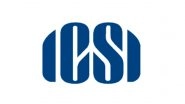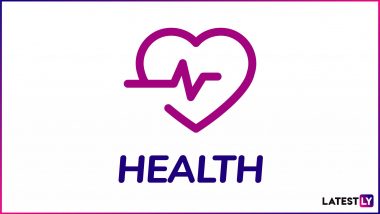Washington D.C. [USA], Dec 1 (ANI): A recent study shows that breast milk, which is known to provide a complete form of nutrition for babies, could also play a significant role in preventing heart diseases in prematurely born infants.The review article -- published in the journal of Pediatric Research -- was written in collaboration with researchers from Harvard Medical School, University of Oxford and University of Toronto.One of the long-term health complications that young adults born prematurely may have is unique heart characteristics. These can include smaller heart chambers, relatively higher blood pressure, and a disproportionate increase in muscle mass in the heart.One study cited in the article looked at 30 preterm-born adults who were assigned to receive exclusive human milk and 16 preterm-born adults who were assigned to receive an exclusive formula-based diet during their hospital stay at birth.They then underwent a detailed cardiovascular assessment between 23 and 28 years of age, including an MRI of their hearts. As expected, all of the hearts of those born prematurely had smaller chambers than the hearts in people who were not born prematurely.However, the study showed that the smaller heart chambers were less profound for the exclusively human milk-fed group in comparison to those who were exclusively formula-fed, suggesting a potentially protective effect of human milk for heart structure.The researchers then identified potential reasons for why breast milk results in a lower risk of heart disease.Breast milk could help prevent heart disease by better-regulating hormones and growth factors, strengthening the infant's immune system, reducing inflammation and possibly improving the metabolism of the child.Identifying the key components within breast milk that result in improved heart health could pave the way for a more targeted approach to improve long-term cardiovascular wellbeing for those born prematurely."It is becoming increasingly clear that premature birth results in long-term adverse cardiovascular effects with important clinical consequences. There is a distinct lack of preventative and therapeutic interventions available to alleviate those effects," said Prof Afif EL-Khuffash, Honorary Clinical Professor of Paediatrics at RCSI and Consultant Neonatologist at The Rotunda Hospital, Dublin. (ANI)
(The above story is verified and authored by ANI staff, ANI is South Asia's leading multimedia news agency with over 100 bureaus in India, South Asia and across the globe. ANI brings the latest news on Politics and Current Affairs in India & around the World, Sports, Health, Fitness, Entertainment, & News. The views appearing in the above post do not reflect the opinions of LatestLY)













 Quickly
Quickly


